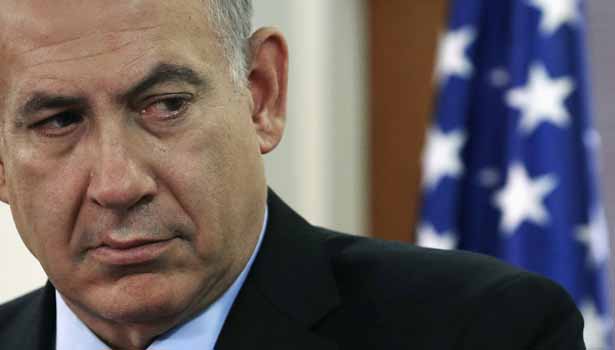Almost all the media reports that a “cease-fire” was achieved after the most recent round of air attacks on Israel.
The use of the term “cease-fire” is a misinterpretation of the terms in Arabic used when Arabs refer to a temporary halt in fighting: hudna, tahadia and hudaybiyyah, all of which mean continued war after a respite for rearmament.
- A Hudna connotes only a tactical pause intended for rearmament in the war between Islamic forces and non-Islamic forces. The authoritative Islamic Encyclopedia (London, 1922) defines hudna as a “temporary treaty” that can be approved or abrogated by Islamic religious leaders, depending on whether or not it serves the interests of Islam. A hudna cannot last for more than 10 years.
- Tahadia is a temporary halt in hostile activity that can be violated at any time
- Hudaybiyyah is an understanding that there will be no fighting for 10 years named for the “treaty of Hudaybiyyah” in 628 AD.
The Islamic Encyclopedia mentions the hudaybia treaty as the “ultimate hudna.”
Hudna,Tahadia and Hudaybiyyah – the only options on the table with Hamas – do not compare to the mu’ahada treaty of peace that Egypt signed with Israel in 1979, or the mu’ahada treaty of peace that Jordan signed with Israel in 1994.
Bottom line: hudna, tahadia and hudaybiyyah do not connote a “cease-fire.”








